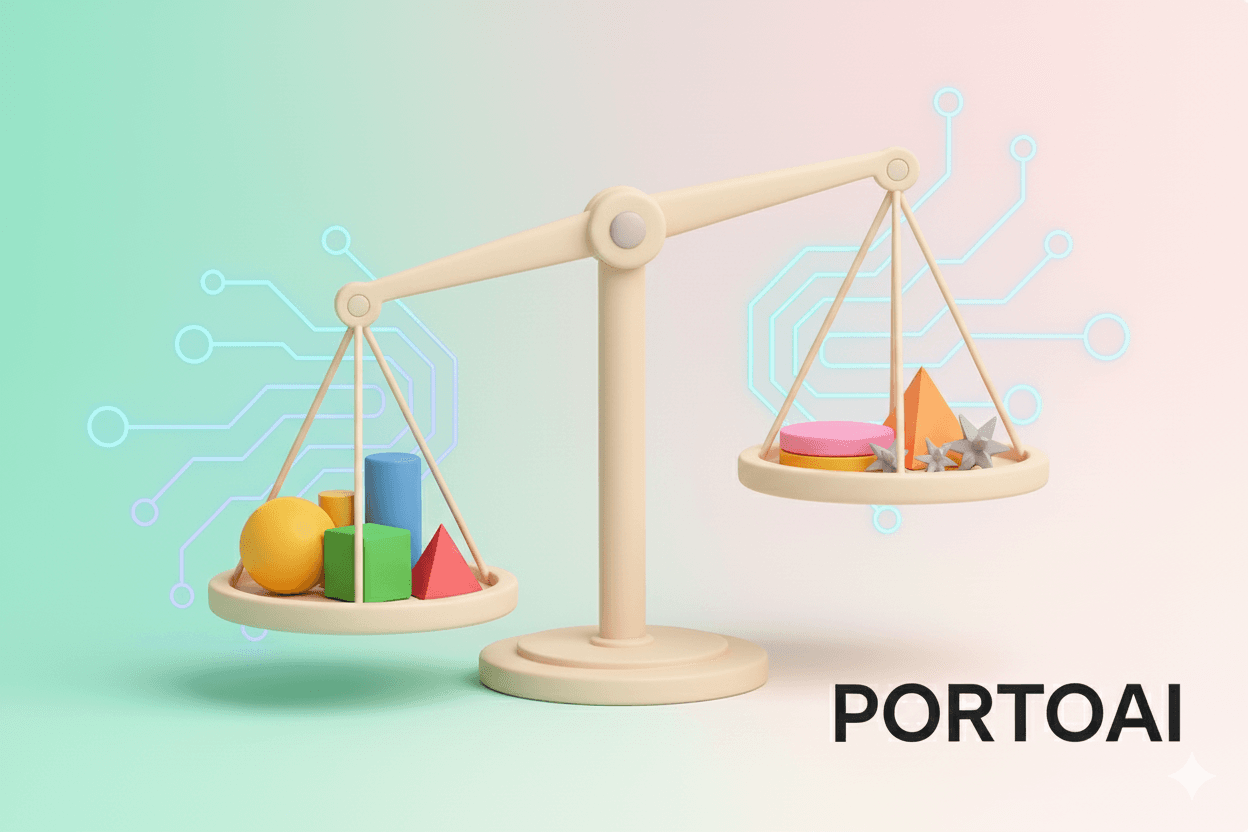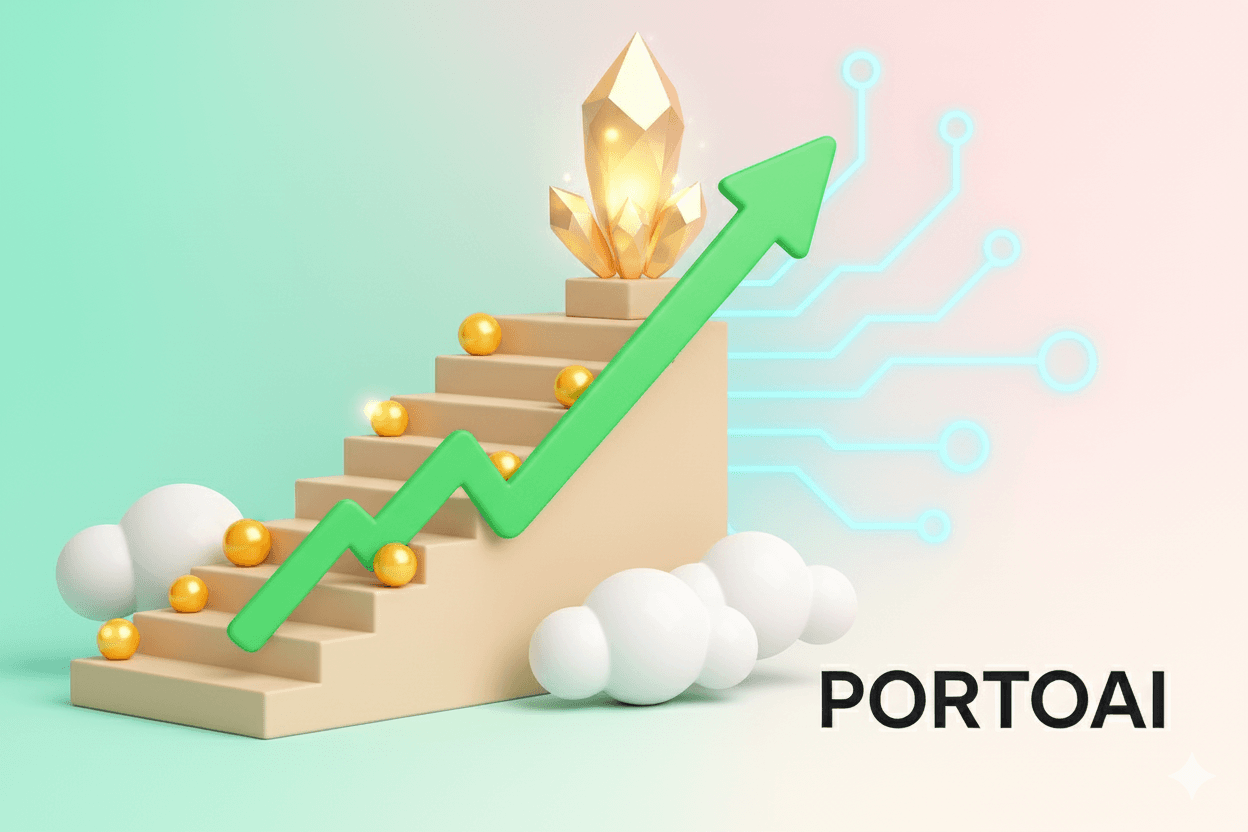Demystifying Stock Market Clearing and Settlement: A T+1 Guide

Venkateshwar Jambula
Lead Market Researcher
6 min read
•Published on September 11, 2024
•Demystifying Stock Market Clearing and Settlement: A T+1 Guide
Navigating the stock market involves more than just executing buy and sell orders. Behind the seemingly instantaneous trades lies a crucial, albeit complex, process: clearing and settlement. This system ensures that transactions are completed accurately, securely, and efficiently, maintaining market integrity. As regulatory bodies evolve and streamline these operations, understanding the fundamentals, particularly the shift to a T+1 settlement cycle, is vital for sophisticated investors seeking a definitive edge.
The Evolution to T+1 Settlement
Historically, stock market transactions operated on longer settlement cycles. However, to enhance efficiency and liquidity, regulators have progressively shortened this period. A significant recent development, as announced by SEBI, is the transition of all equities and F&O segments to a T+1 Settlement Cycle starting January 27, 2025. This means that trades executed on a given day (T-Day) will be settled one business day later (T+1 Day).
Understanding the Trading Cycle: T-Day and Beyond
- T-Day (Trade Day): This is the day you initiate a stock transaction. Your broker provides a contract note, akin to a bill, detailing the trade and associated costs. Financially, your bank account is debited for a purchase or will be credited for a sale, but the actual transfer of shares hasn't occurred yet.
- T+1 Day (Settlement Day): This is the business day following the trade. On this day, the actual exchange of securities and funds takes place. The clearing corporation facilitates the transfer of shares from the seller's account to the buyer's, and the corresponding funds are moved from the buyer to the seller. For investors, this means that if you buy shares on Wednesday, they will reflect in your portfolio on Thursday under the T+1 cycle.
The Core Clearing and Settlement Process
The clearing and settlement process is a two-phase operation designed to ensure every trade is honored:
1. Trade Execution
This is the initial phase where your buy or sell order is placed and matched on the stock exchange. This occurs on T-Day.
2. Clearing and Settlement
- Clearing: This is the post-trade process where the clearing corporation determines the net obligations of each participant. It calculates the number of securities each seller needs to deliver and the amount of money each buyer needs to pay. This step is crucial for risk management, as it establishes each party's commitment and evaluates potential exposures.
- Settlement: This is the final stage where the actual transfer of securities and funds occurs. Shares move from the seller's depository account to the buyer's, and funds are transferred from the buyer's bank account to the seller's, facilitated by clearing banks. This typically concludes on T+1 Day.
Key Entities in the Clearing and Settlement Ecosystem
Several specialized entities work in concert to ensure the smooth functioning of this process:
Depositories
Entities like the National Securities Depository Limited (NSDL) and Central Depository Services Limited (CDSL) hold securities in electronic (dematerialized) form. Investors need a depository account (often managed through their broker) to hold their shares. This dematerialized format is essential for efficient electronic transfer during settlement.
Clearing Corporation
This entity acts as an intermediary between buyers and sellers, guaranteeing the completion of trades. It functions as the buyer to every seller and the seller to every buyer, mitigating counterparty risk. The clearing corporation manages the clearing and settlement cycles, ensuring they are consistent and minimize transaction risks.
Clearing Members and Custodians
These are intermediaries registered with the stock exchanges and clearing corporations. They are responsible for ensuring that funds and securities are available for settlement on T+1 Day. They manage the actual transfer of assets and funds on behalf of their clients and maintain specific clearing pool accounts with depositories.
Clearing Banks
A designated list of banks facilitates the movement of funds. Clearing members must maintain accounts with these banks. Funds for purchase transactions are deposited into these accounts, and proceeds from sales are disbursed through them, ensuring timely financial settlement.
How Trades are Cleared and Settled (T+1 Cycle)
- Trade Data Transfer: On T-Day, the stock exchange transmits details of all executed trades to the clearing corporation.
- Confirmation and Obligation Determination: The clearing corporation forwards trade details to clearing members/custodians for confirmation. Upon confirmation, the corporation calculates each member's net buy or sell obligations.
- Pay-in and Pay-out Instructions: The clearing corporation issues pay-in instructions for funds and securities to clearing members/custodians and advises them of their obligations.
- Fund and Security Movement: Clearing members ensure funds are available via clearing banks and securities are made available via depositories by the pay-in deadline.
- Clearing Corporation Facilitation: The clearing corporation receives funds from buyers' clearing banks and securities from sellers' depositories.
- Final Transfer: The clearing corporation then instructs depositories and clearing banks to transfer the securities to the buyers' clearing members and funds to the sellers' clearing members, completing the settlement on T+1 Day.
Conclusion: Efficiency and Investor Benefits
The transition to a T+1 settlement cycle represents a significant step towards modernizing market infrastructure. By shortening the settlement period, SEBI aims to enhance market efficiency, reduce capital locked up in transactions, and improve liquidity. For investors, this means faster access to sale proceeds and quicker reflection of purchased securities in their portfolios. Tools like the PortoAI Market Lens can help investors stay ahead of market dynamics, providing real-time data and analysis that complements the streamlined operational efficiency of modern trading cycles, enabling more confident and informed decision-making.
Blog
Investment Insights and Tips
Explore our latest investment strategies and insights.

Stocks
Master Investment Psychology: Control Emotions for Smarter Stock Decisions
The Psychology of Stock Investment: Understanding Emotions That Affect Investment Decisions A stock market is a funny place – both the seller and buye...
Venkateshwar Jambula
November 7, 2024
•4 min read

Stocks
Power Grid India Stock: Analyzing PGCIL's Price Movements & Future
The Rise and Fall: Unraveling the Power Grid Corporation of India Stock Price The Power Grid Corporation of India Stock Price (PGCIL) has experienced ...
Venkateshwar Jambula
November 6, 2024
•10 min read

Stocks
Are Multibagger Stocks Still Possible in 2025? Your AI Guide
These 6 Multibagger Stocks Exploded in 2025 — Is Your Portfolio Still in 2022? Till June 2025, the benchmark Sensex has risen by around 4%, reflecting...
Venkateshwar Jambula
November 5, 2024
•11 min read

Stocks
Top 5 Indian Growth Stocks & Sectors for 2025: AI-Driven Insights
Top 5 Best Growth Stocks in India & Sectors to Watch in 2025 You see the market correction in late 2024 and early 2025 was driven by weak economic...
Venkateshwar Jambula
November 4, 2024
•9 min read